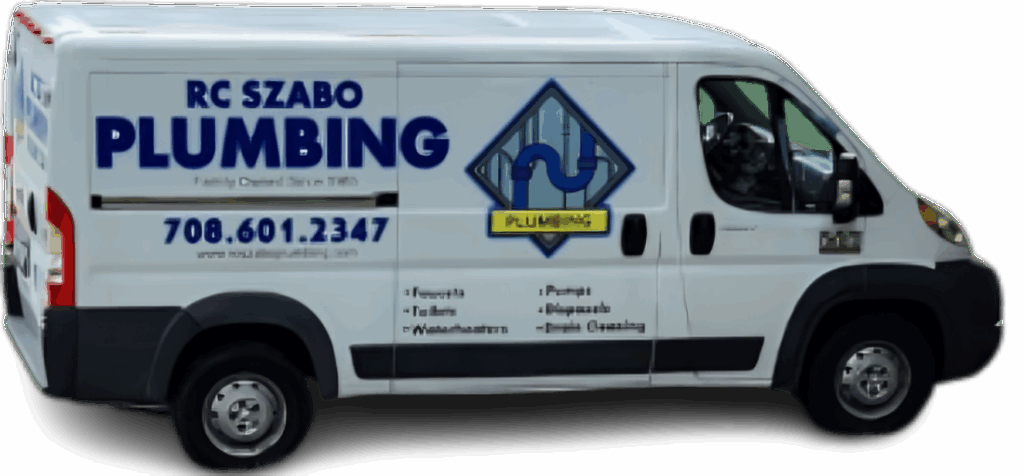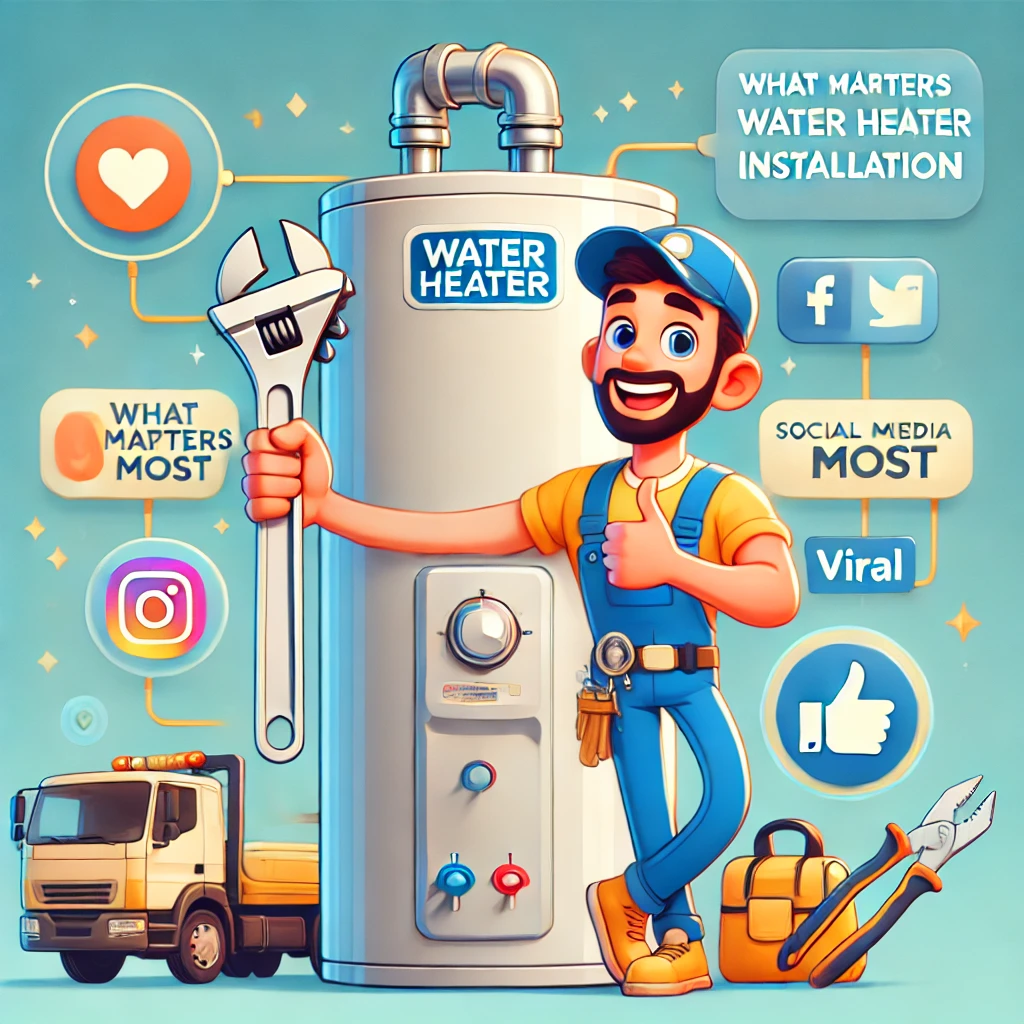
When it comes to water heater installation service, getting it right from the start is crucial for your home’s comfort, energy efficiency, and long-term cost savings. A properly installed water heater not only ensures you have hot water on demand but also helps to extend the unit’s lifespan and reduces the risk of future repairs.
Whether you’re installing a traditional tank-style water heater or a more modern tankless model, there are several key factors that homeowners should consider.
1. Choosing the Right Size and Type of Water Heater
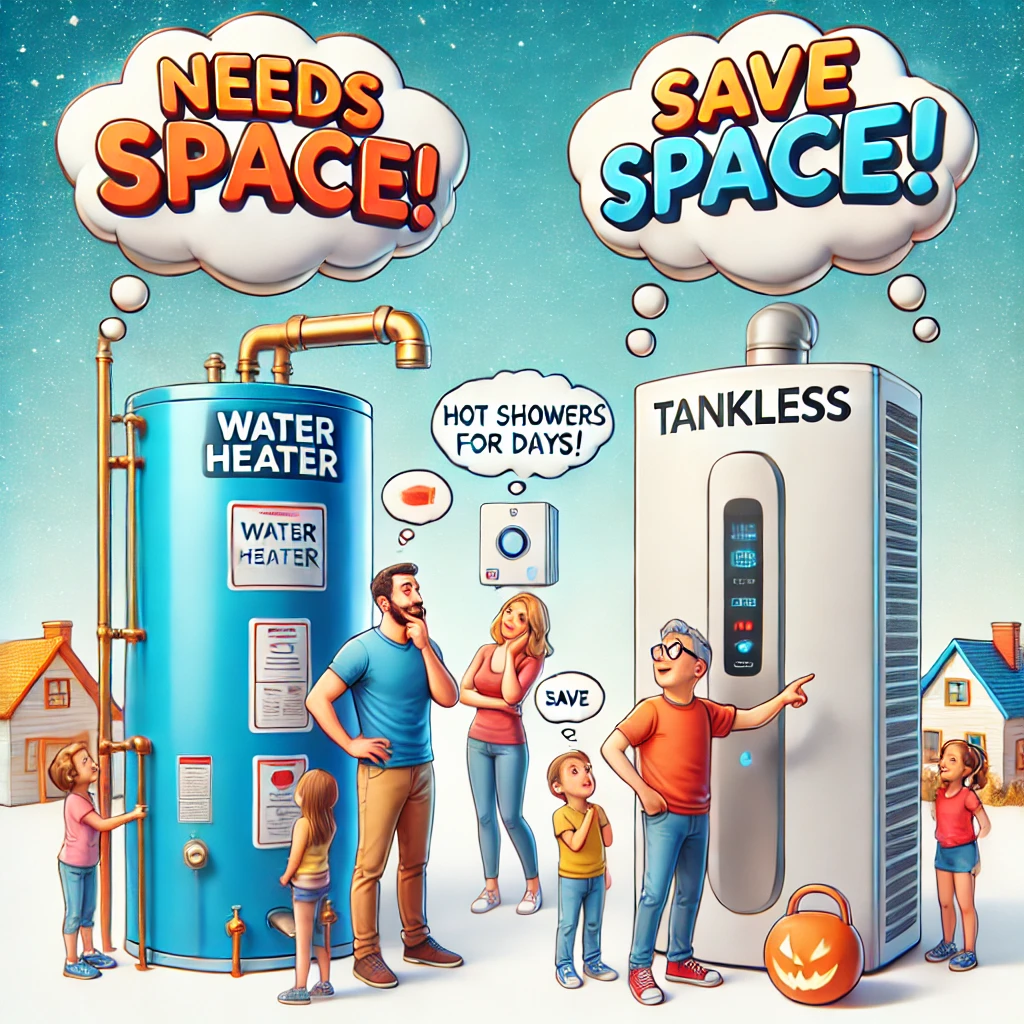
One of the most important factors to consider for a successful water heater installation is selecting the right unit for your home. Water heaters come in various sizes and types, and choosing the wrong one can lead to inefficiency or insufficient hot water.
- Tank vs. Tankless: Traditional tank water heaters store and heat water in a reservoir, while tankless models heat water on demand. Each type has its pros and cons. Tank heaters are usually less expensive upfront but can be less energy-efficient over time. Tankless heaters save space and energy but come with a higher installation cost.
- Sizing: The size of the water heater matters. For traditional tank models, consider the household size and usage patterns. For instance, a family of four may require a 50-gallon tank, whereas a couple may only need a 30-gallon tank. Tankless systems are sized based on flow rate (gallons per minute) and the number of simultaneous water demands, such as showers and dishwashers.
You can use this helpful energy.gov guide to determine the appropriate water heater size for your home.
2. Energy Efficiency Ratings Water Heater Installation Service
Water heating accounts for about 18% of a home’s energy consumption, making it essential to choose a model with high energy efficiency. Look for water heaters with the ENERGY STAR® certification, which means they meet the U.S. Environmental Protection Agency’s (EPA) strict energy efficiency guidelines.
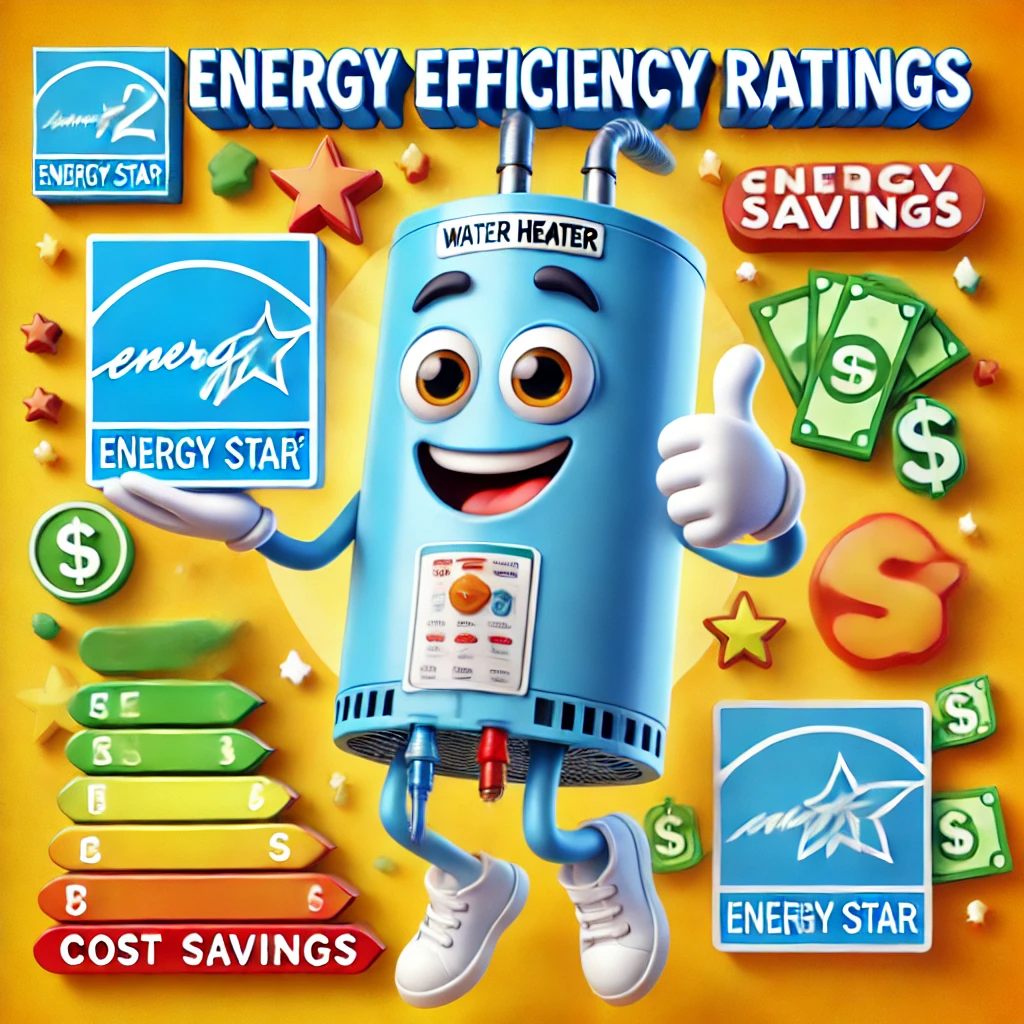
- Efficiency for Tank Heaters: Newer tank water heaters tend to have better insulation and lower standby heat loss compared to older models, which means they keep water hotter for longer periods without using as much energy.
- Efficiency for Tankless Heaters: Tankless water heaters are generally more energy-efficient than tank models because they only heat water as needed. However, their efficiency can be affected by the distance between the unit and the point of use, as well as the climate of the installation area.
For more information on how to choose energy-efficient appliances, check out energy.gov.
3. Professional Installation Matters
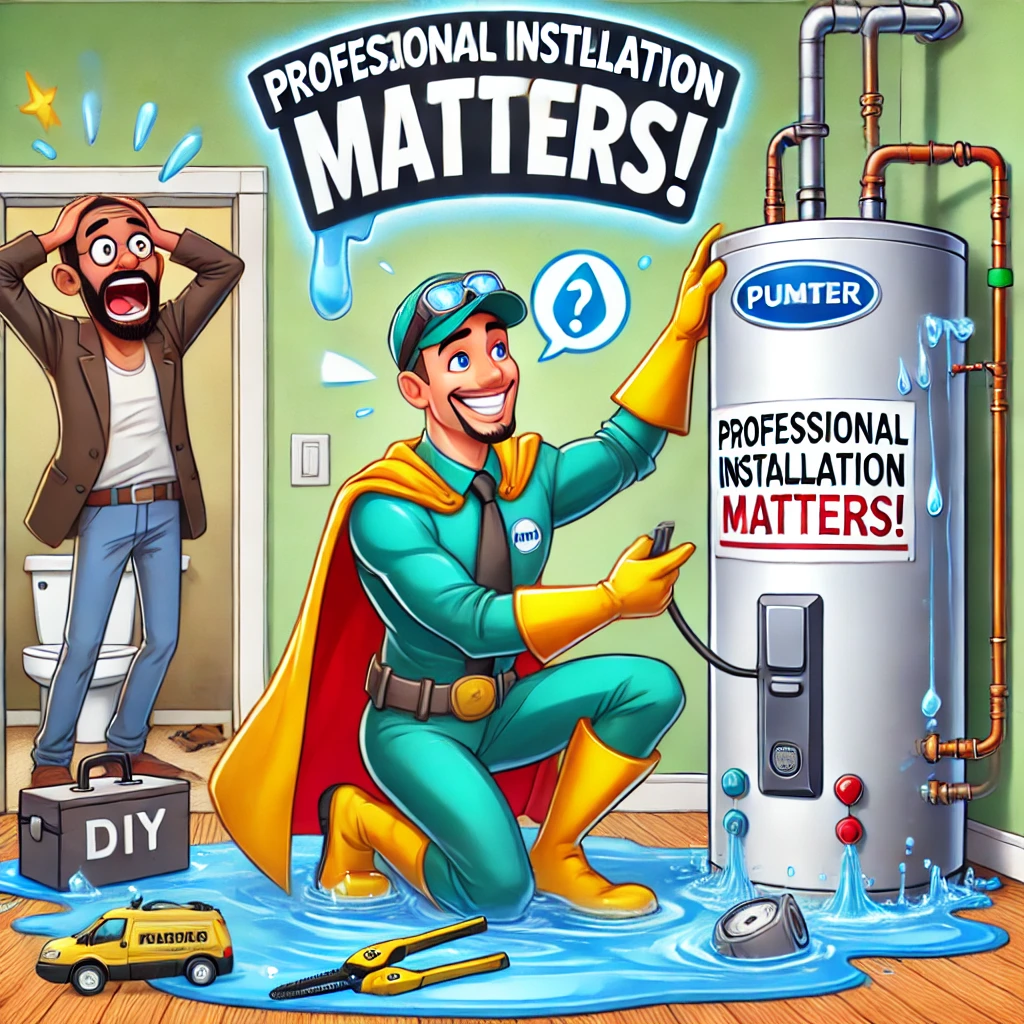
Hiring a licensed and experienced plumber for your water heater installation is critical. Poor installation can result in leaks, damage to the heater, or even void the manufacturer’s warranty. Here’s what professional installation ensures:
- Correct Sizing and Placement: A professional installer will assess your home’s layout to ensure the water heater is installed in a location that maximizes efficiency and reduces heat loss.
- Proper Venting: For gas water heaters, proper venting is crucial to avoid dangerous carbon monoxide buildup. A certified plumber will ensure your unit meets all safety regulations.
- Safe Connections: Electric and gas water heaters require precise connections to prevent hazards. Electrical wiring needs to be up to code, and gas connections should be leak-free and secure.
For expert installation and reliable service, RC Szabo Plumbing is committed to providing high-quality water heater installation, ensuring your system is set up for optimal performance.
4. Understanding the Warranty and Maintenance Needs Water Heater Installation Service
Another key aspect to consider is the warranty that comes with your water heater. Most manufacturers offer warranties that range from 6 to 12 years, but proper installation and routine maintenance are crucial to keeping that warranty valid.
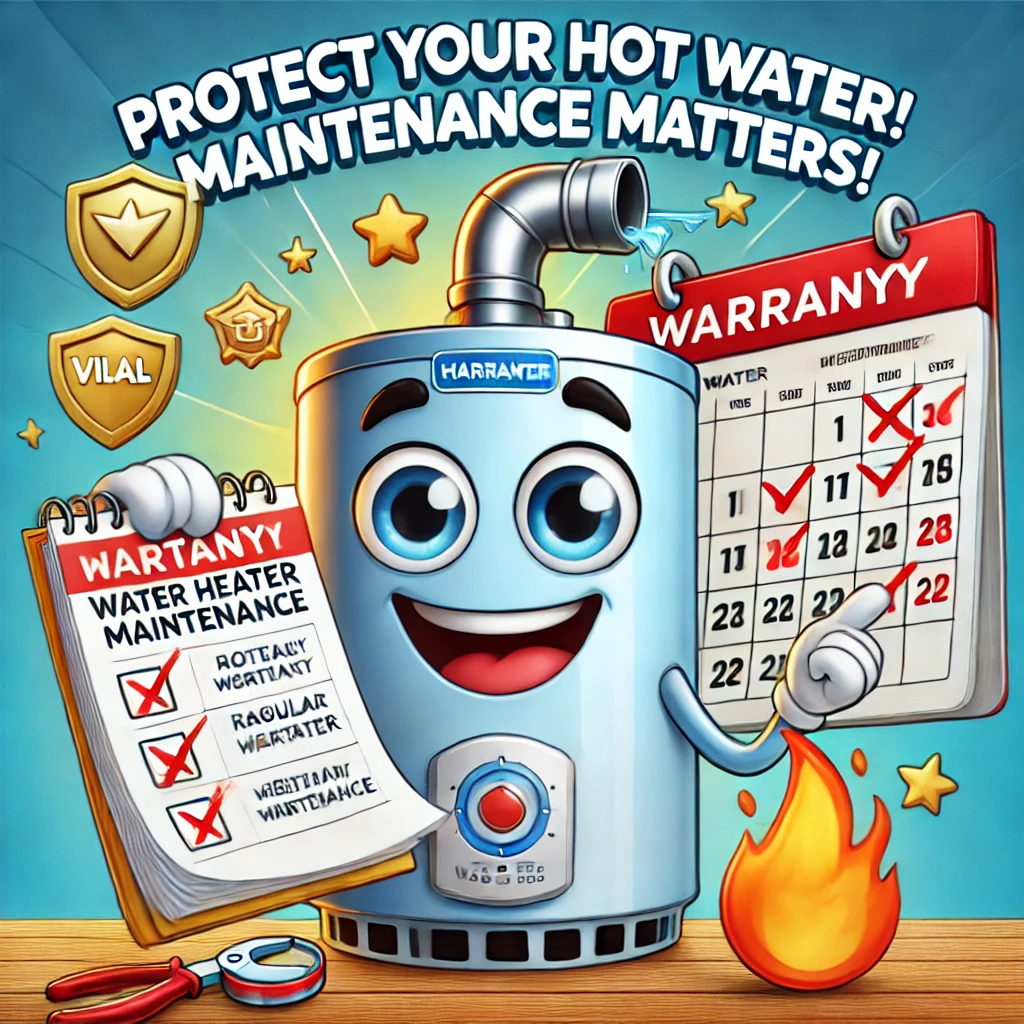
- Warranty Coverage: Be sure to understand what is covered under your water heater’s warranty. Some warranties may only cover the tank, while others may also cover labor costs for repairs. Always hire a professional for installation to avoid voiding your warranty.
- Maintenance: Regular maintenance, such as flushing the tank to remove sediment buildup and checking the anode rod, can extend the life of your water heater. A tankless water heater will also need periodic descaling to prevent mineral buildup.
For further tips on maintaining your water heater, Angi provides a detailed guide on best practices for upkeep.
5. Cost Considerations Water Heater Installation Service
The cost of water heater installation varies depending on the type of heater, the complexity of the installation, and labor costs in your area. Generally, you can expect to pay:
- Tank Water Heater Installation: $700 to $2,000
- Tankless Water Heater Installation: $1,000 to $4,000
While tankless heaters have a higher upfront cost, they offer long-term savings due to lower energy consumption. Keep in mind that installing a tankless system may also require upgrading your home’s electrical system or gas lines, which could add to the overall cost.
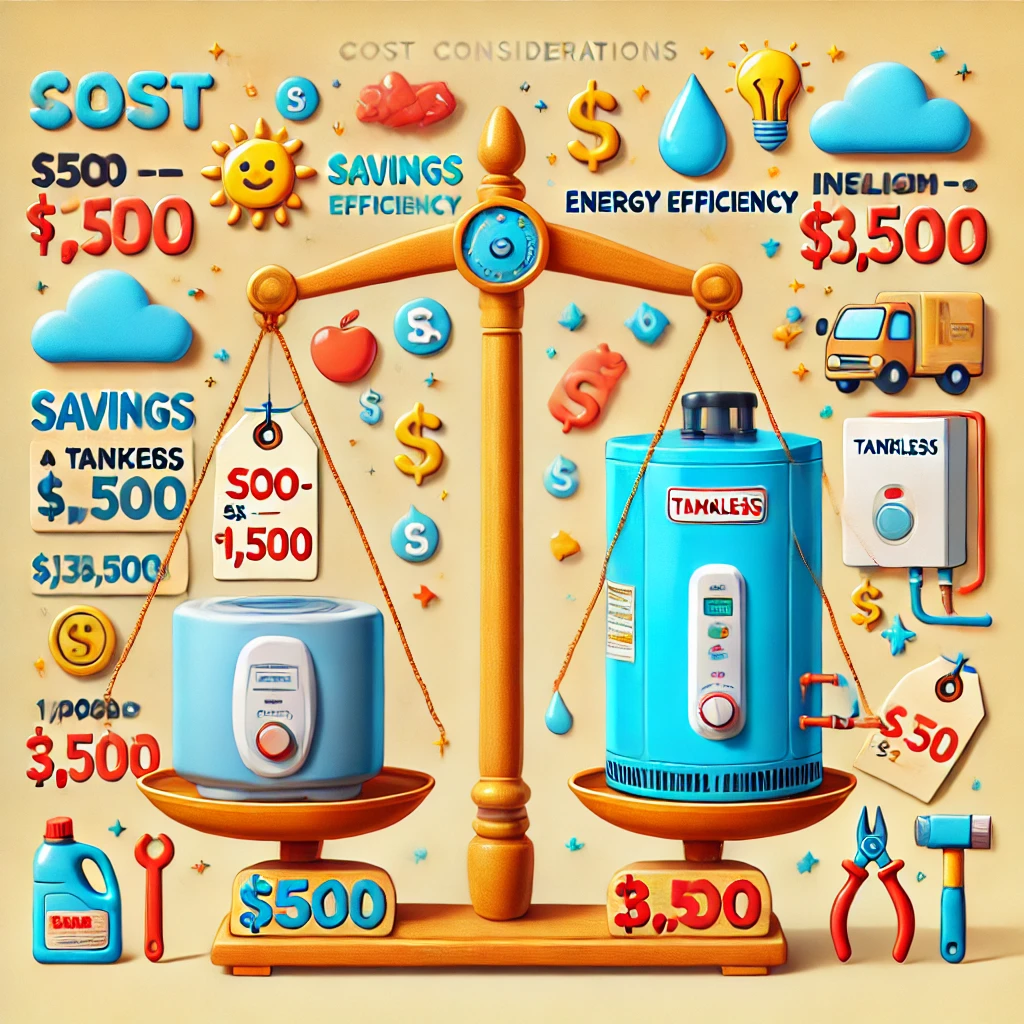
HomeAdvisor provides a cost estimator tool that can help you get an idea of the potential water heater installation service costs in your area.
6. Local Plumbing Codes and Permits
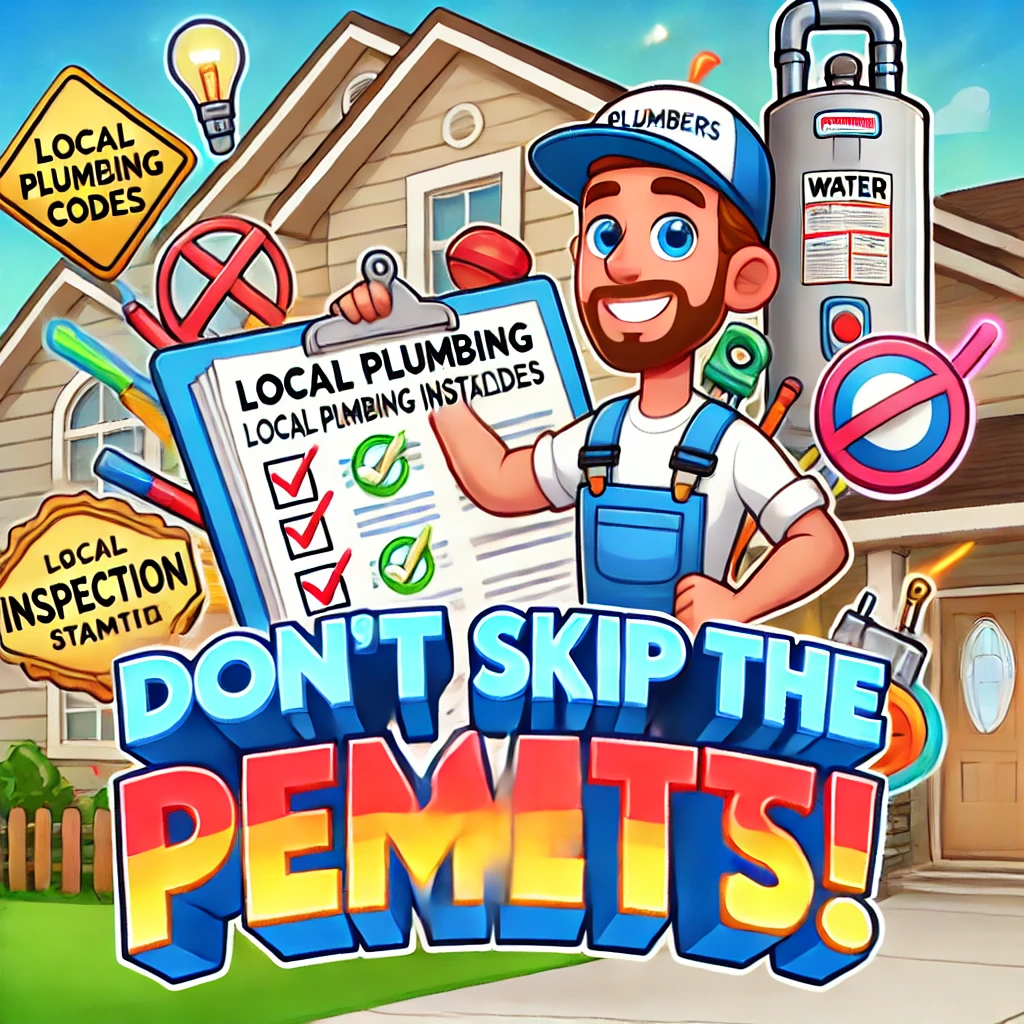
Finally, it’s essential to ensure that your water heater installation service complies with local plumbing codes and regulations. In many areas, water heater installations require a permit, and inspections are conducted to verify that the installation meets safety standards.
A professional plumber will be familiar with the necessary permits and codes for your area and can handle all of the paperwork to ensure a hassle-free installation process. RC Szabo Plumbing ensures that all installations are up to code and performed with the highest level of safety and professionalism.
Conclusion
When it comes to water heater installation, the most important factors to consider are the right size and type of heater, energy efficiency, professional installation, and understanding warranty and maintenance needs. With proper planning and the help of a licensed plumber like RC Szabo Plumbing, you can ensure your water heater operates efficiently for years to come.
For more information on water heater installation or to schedule a consultation, visit RC Szabo Plumbing’s website today!

R.C. Szabo Plumbing & Sewer
Plumbers in Midlothian, IL 60471
Write Us a Review Or Check Us Out on GOOGLE Click Here!
[Facebook](RC Szabo Plumbing | Midlothian IL)
[LinkedIn](LinkedIn Login, Sign in | LinkedIn)



